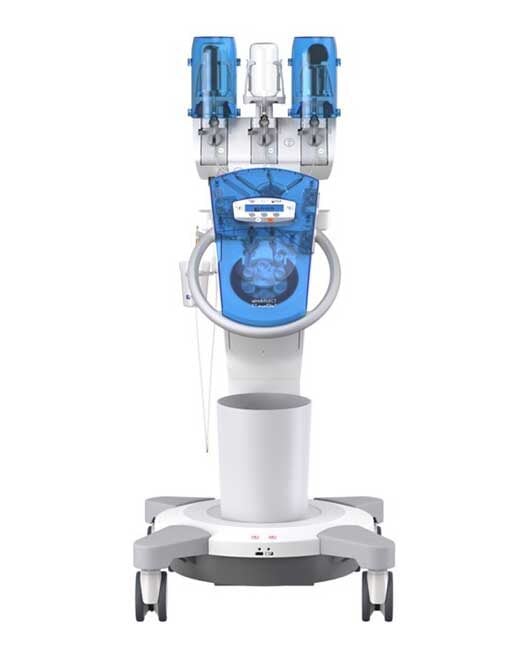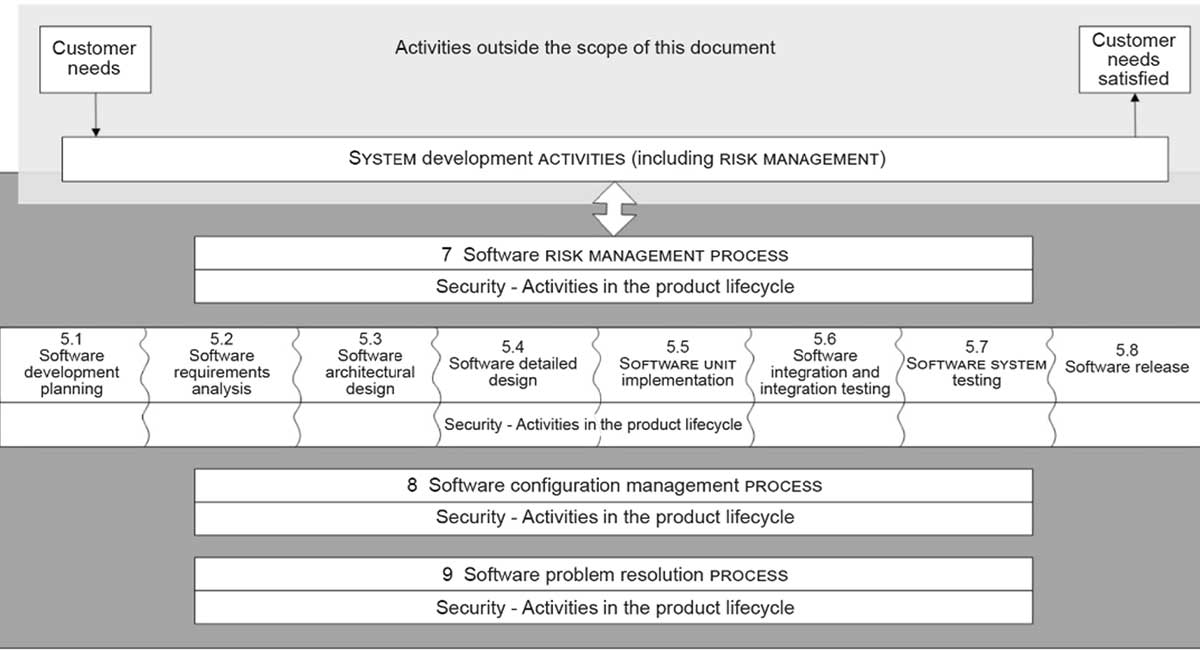Spatial neglect is a hidden disability among stroke survivors, disrupting basic self-care activities and impairing postural balance, reading ability, and navigation. Spatial neglect hinders rehabilitation outcomes and recovery, as evidenced by prolonged hospitalisation and an increased risk for falls and injuries.
This unique VR intervention leverages three-dimensional (3D) virtual environments for immersive training scenarios to maximise improvement of health and function in stroke survivors with spatial neglect.
“The VR-SRT System is based on established theories of neurorehabilitation approaches for spatial neglect. Making the treatment game-like will improve patient engagement and motivate the patients to complete treatment regime while receiving rehabilitative benefits,” noted Dr. Peii Chen, senior research scientist in Stroke Rehabilitation Research at Kessler Foundation.
“As VR hardware and software become more affordable and accessible, novel therapy paradigms like the VR-SRT System will be at the forefront of rehabilitation, facilitating treatment delivery, improving outcomes, and reducing the burdens on individuals, families, and society.”
The goal of the VR-SRT System is to improve control of spatial attention and body-environment awareness through an immersive training process that remaps and realigns visual and motor modalities in the 3D world.
The VR-SRT System engages the user’s visual system through stimuli presented in a head-mounted display, while simultaneously engaging the patient’s motor system through head- and positional tracking and a marker-less hand-tracking device.
“For many years, we have been working on the intersection between digital technology and health, developing innovative solutions derived from the latest scientific research and the collective experience of our team,” remarked Julio Alvarez, eHealth Business Unit Manager at Virtualware.
“The current project poses a very attractive technological challenge for Virtualware; we are excited to deliver a series of digital interventions that may aid patients with neuropsychological impairment on their road to recovery. It is a great honor to work with the scientists at the Kessler Foundation, which has an international reputation for excellence in translational rehabilitation research.”
Discover more here.
Image credit: Kessler Foundation.















